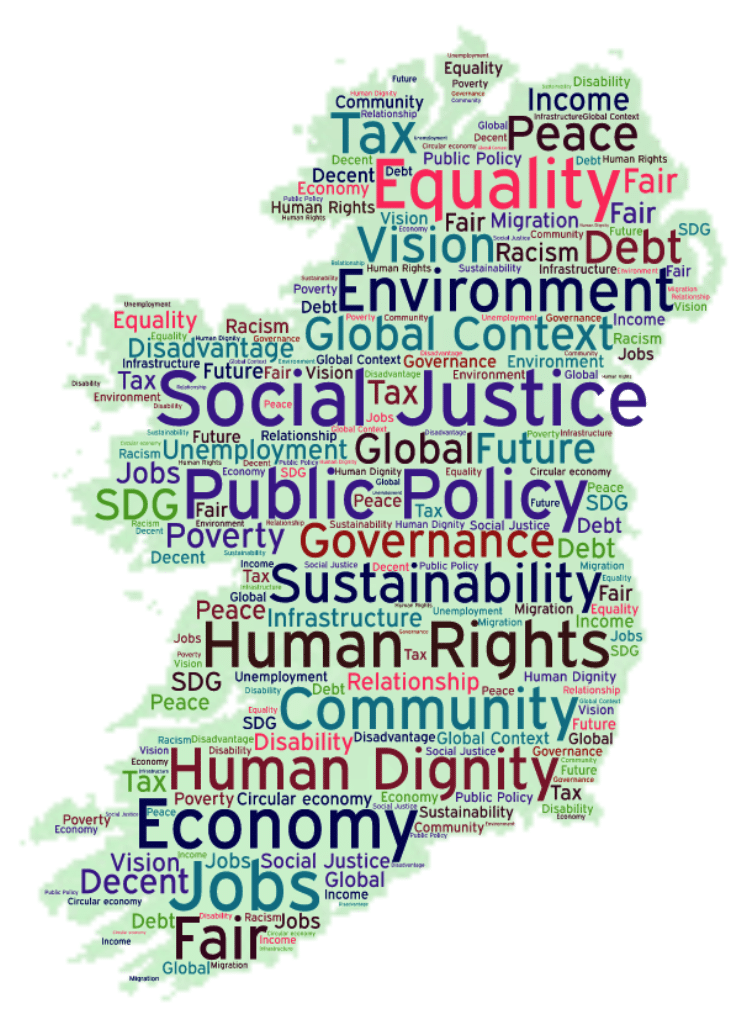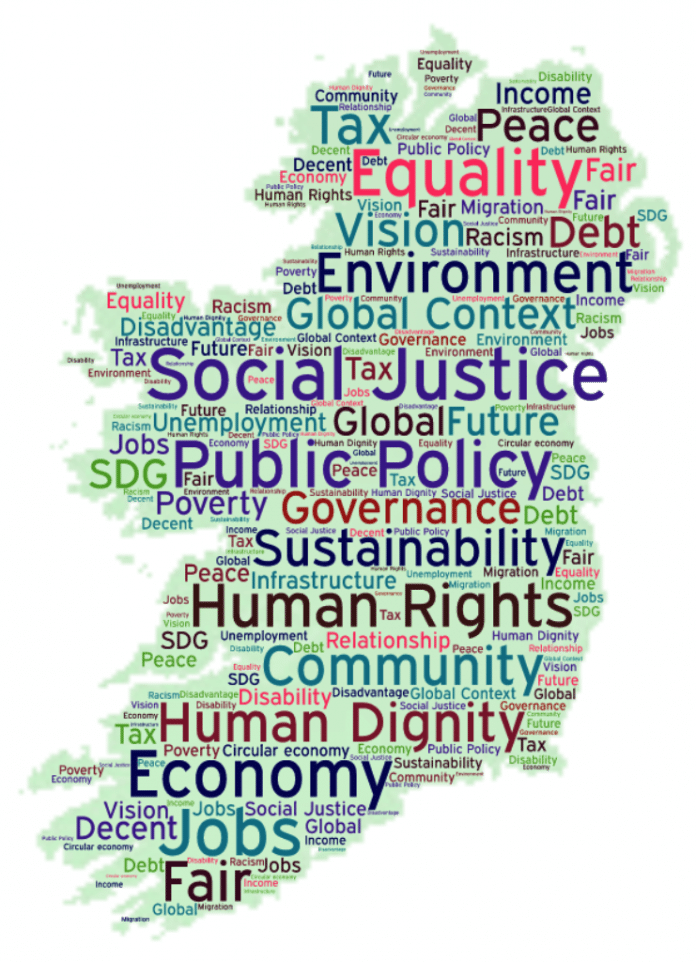The independent think tank and justice advocacy organisation Social Justice Ireland has responded to CSO figures that show that more than 760,000 people are living in poverty in Ireland, of which over 230,000 are children, despite improvements in poverty and deprivation rates.
109,000 people living in poverty are in employment, deemed the “working poor”. Overall there are more people living in poverty in Ireland today than in 2008.
Dr. Seán Healy, Director, Social Justice Ireland. ”Despite an increase in average incomes, increased employment and very high levels of economic growth, these figures show that a significant proportion of the population is still living in very difficult circumstances”
Dr. Healy went on to state: “In fact there are more people living in poverty in Ireland today than there were in 2008. Despite the recent economic growth Ireland has been experiencing there has been little or no social improvement for large numbers of people. Government policy is not working, and these figures are unacceptable”.
“It is extremely worrying that despite record levels of employment and Ireland having one of the fastest growing economies in Europe, there is little relief for the working poor. There has been little change in the number of people in employment who are at risk of poverty – 109,000 people with jobs are living in poverty”.
Social Justice Ireland has previously published 10 policy proposals for addressing income inequality and reducing poverty rates.
- Set a goal of eliminating poverty in the course of a single five-year Dáil term.
- Benchmark social welfare payments – to ensure that poverty is eliminated among people who depend on social welfare.
- Ensure equity of social welfare rates – to stop the discrimination against certain groups on an arbitrary basis such as age.
- Provide adequate payments for children – to end child poverty.
- Make personal tax credits refundable – to tackle poverty among people with low-paid jobs and create a more equitable tax credit system.
- Support the widespread adoption of the Living Wage – so that inequality can be reduced and low-paid workers receive an income sufficient to afford a minimum, but decent, standard of living.
- Introduce a cost of disability payment – to ensure that people with disabilities are not driven into poverty by the additional cost of their disability.
- Introduce a universal state pension – to ensure all older people have sufficient income to live with dignity.
- Prioritise measures for the reduction of rural poverty – to redress the current imbalance between urban and rural poverty in Ireland.
- Introduce a full Basic Income system – to replace the parts of the social welfare system that are no longer fit for purpose. The introduction of a universal state pension and refundable tax credits should be the first step towards such a system.









![Will You Make The Cut With PJ & Jim altimage=[barbers]](https://www.nova.ie/wp-content/uploads/2020/11/shutterstock_569535106-100x70.jpg)